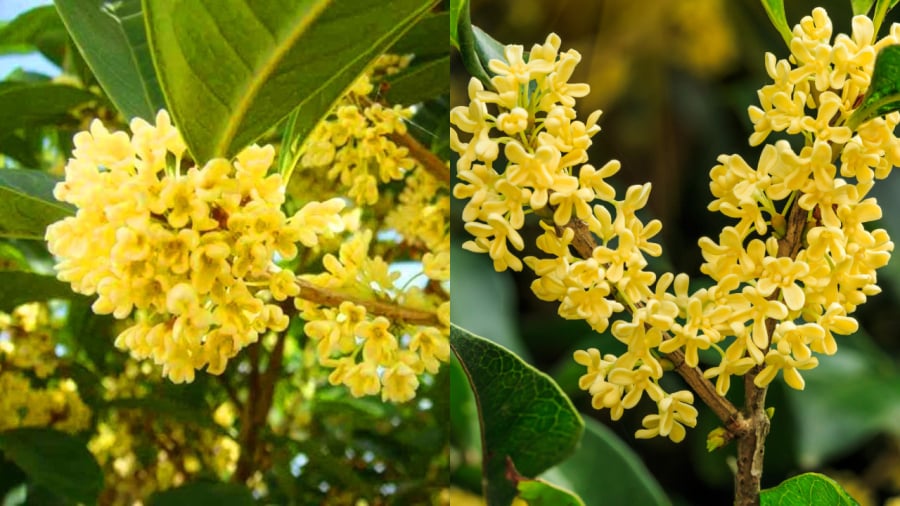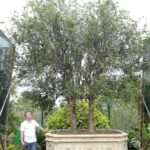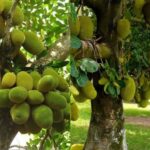Why did ancient people say, ‘Planting a Fragrant Cinnamon Tree in Front of Your House Attracts Noble People’?
The cinnamon tree (also known as the cassia tree, cassia cinnamon, or Chinese cinnamon, distinct from the cinnamon tree used for its bark as a spice) is a popular plant in many Asian countries.
Beyond its aesthetic value as an ornamental tree, the cinnamon tree has a multitude of uses. Its flowers can be used for making tea, liquor, cakes, and desserts, while the tree itself provides shade and a pleasant fragrance.
This small tree can grow to heights between 3 and 12 meters, with branches spreading outward. Its flowers, known for their captivating scent, grow in clusters and come in various colors, including white and yellow.

The Cinnamon Tree: A ‘Noble’ Addition to Any Home
In ancient times, the cinnamon tree was considered a precious plant, akin to having a “noble person” in one’s household. Planting it in front of your house is believed to bring good fortune and prosperity, attracting noble people and positive energy.
The tree is also symbolic of longevity and has proven health benefits. Its flowers are known to have beautifying and detoxifying properties, making them particularly beneficial for the elderly.
From a Feng Shui perspective, the cinnamon tree is believed to attract wealth and improve the financial situation of the household.
3 Places to Avoid Planting the Cinnamon Tree
Despite its positive impact on a home’s Feng Shui, there are a few considerations to keep in mind when planting a cinnamon tree:
– Extremely cold winters: Cinnamon trees thrive in warm environments, so they may struggle to survive in regions with harsh winters.
– Shady areas: These trees require ample sunlight to grow and will suffer in shaded areas, leading to stunted growth and difficulty in flowering.
– Waterlogged areas: While cinnamon trees prefer warm and moist environments, they can also tolerate droughts to some extent. However, planting them in waterlogged areas may lead to root rot.
Cinnamon trees favor acidic soil, and even in less fertile soil, they can still manage to grow. However, avoid planting them in extremely barren soil as this will hinder their development and flowering.
This information is for reference only and should be considered in conjunction with other factors.
The Secret to a Prosperous Home: Unveiling the Myth Behind the Jackfruit Tree
The jackfruit tree is a majestic and fruitful tree, revered for its delicious fruit and beautiful timber. However, in the past, people were averse to planting jackfruit trees in front of their houses. This reluctance stemmed from a belief that the tree’s strong presence and deep roots could bring bad luck and cause an imbalance in the harmony of the home. Superstitions aside, the jackfruit tree is a magnificent addition to any landscape, offering shade, beauty, and an abundance of sweet, nutritious fruit.






































